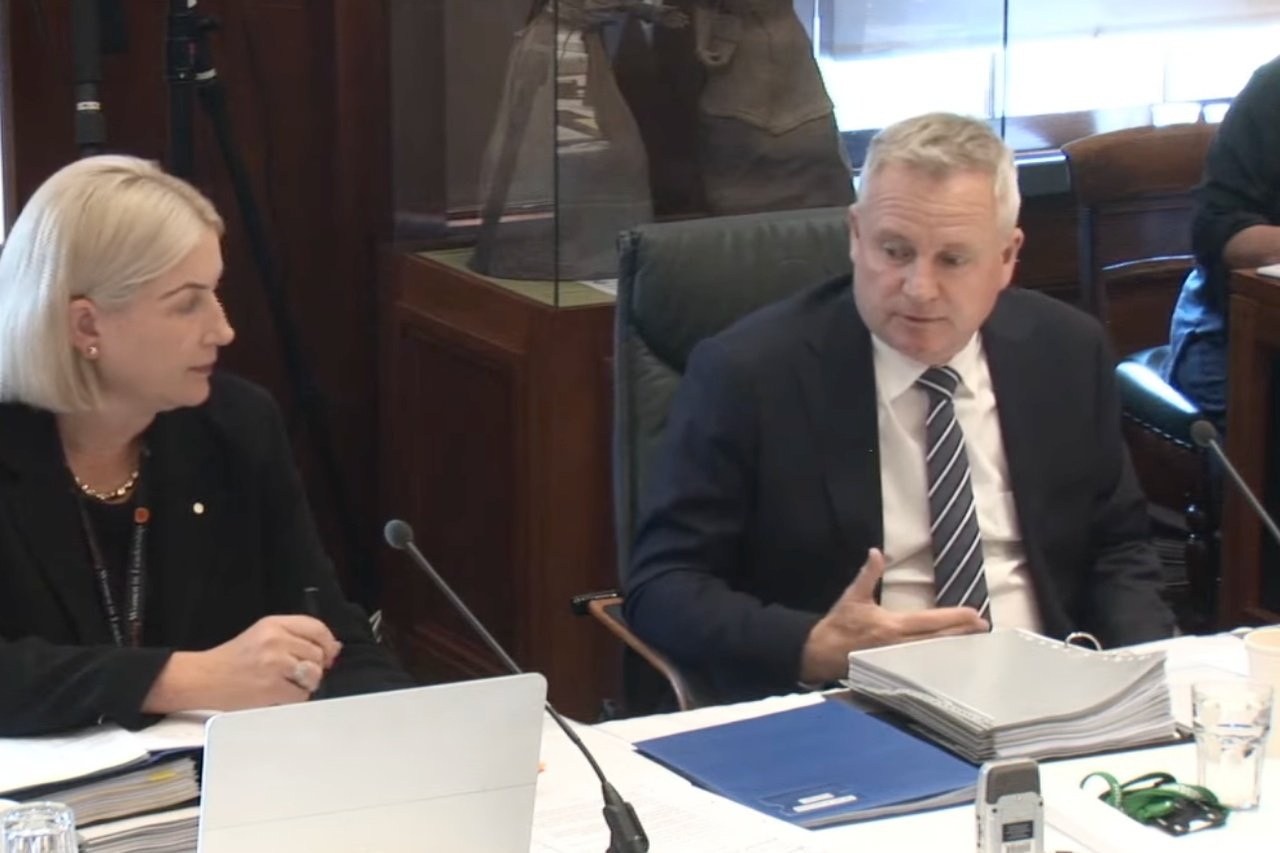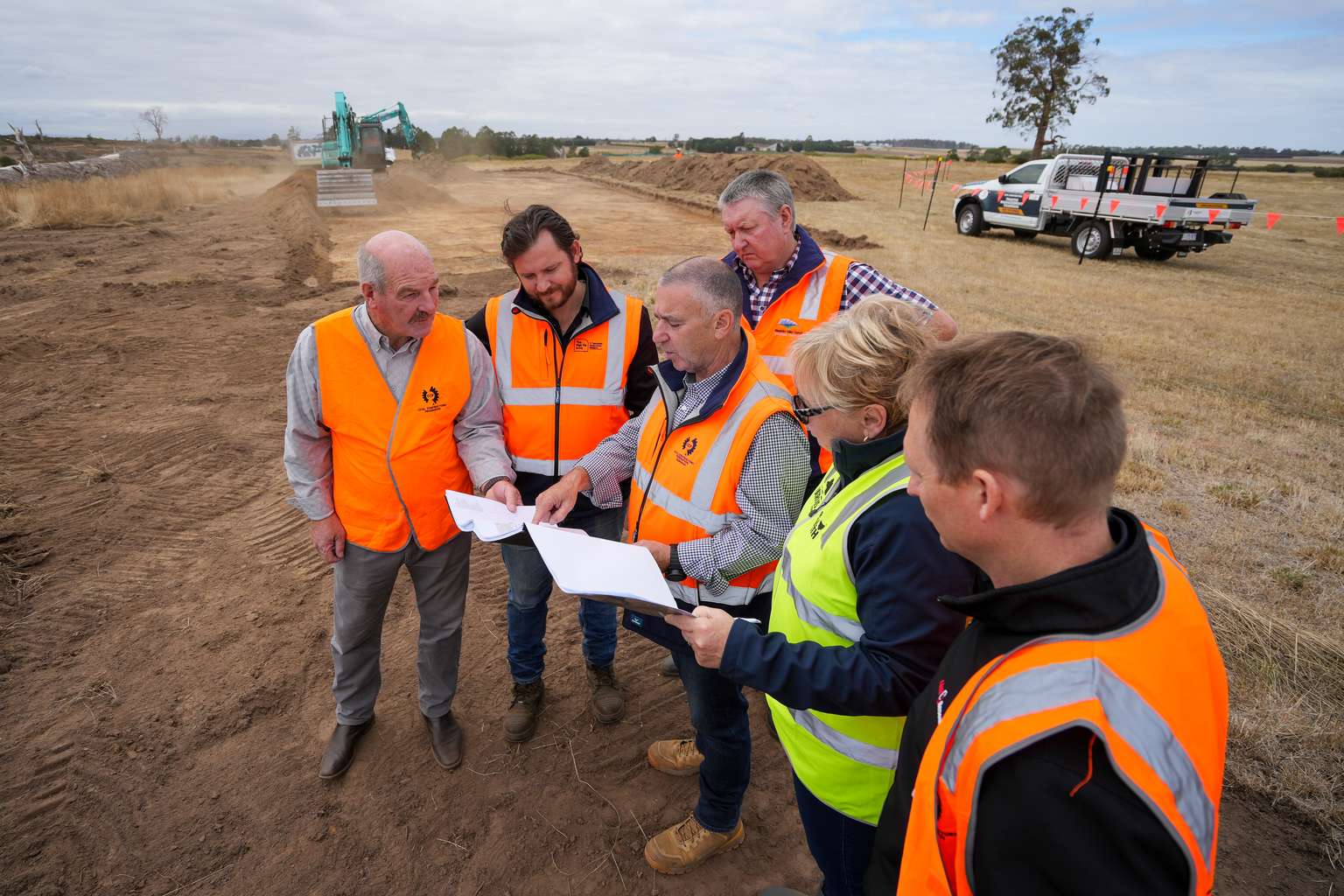Tasmania’s commercial rock lobster fishery south of the D’Entrecasteaux Channel has been shut down to protect the state’s export trade from potential bans linked to antibiotic contamination from nearby salmon farms.
The closure was announced on Friday, November 14, just hours before the season was due to open on November 15, leaving commercial fishers blindsided.
Premier Jeremy Rockliff told a parliamentary committee on Monday that the decision was necessary because some export markets reject seafood containing antibiotic traces.
“There are no reports of adverse human health effects from exposure to traces of florfenicol in meat or fish,” he said.
“This is a matter for safeguarding export market access, given the sensitivities, as you will appreciate, in certain parts of our export market.”

The shutdown comes after the fast-tracked approval of florfenicol just over a week earlier, marking the first time the antibiotic has been used on salmon in Australia.
The antibiotic is being used to combat a bacterial outbreak that killed millions of salmon earlier this year.
Independent MP Peter George pressed the government on Monday, questioning why lobster potentially containing antibiotic residue was considered unsafe for overseas markets but acceptable for Tasmanians.
“Why is it that the crayfish with antibiotic residue is unsafe to export to China and to Japan, and yet your government seems to think that it’s perfectly safe to sell for Tasmanians to consume?” he asked.
Rockliff said there had been no reports of adverse health effects from florfenicol exposure.

“However, recreational fishers may choose to avoid exposure to antibiotic residues in the fish that they catch and eat,” he said.
Tasmania’s Director of Public Health has advised recreational fishers to consider avoiding fish caught within three kilometres of treated salmon pens.
Greens leader Rosalie Woodruff has criticised the lack of real-time information for recreational fishers, noting the absence of signage at boat ramps.
The Huon Valley Council had previously called for signage with clear information for the community, but the state government said it wasn’t necessary.
Rockliff described the shutdown as a short-term precaution and said the government would review any gaps in public information.
“No one wants to hide anything. We want this to be open and transparent and ensure that not only industry … but also that the community has confidence as well,” he said.






